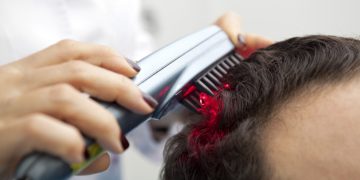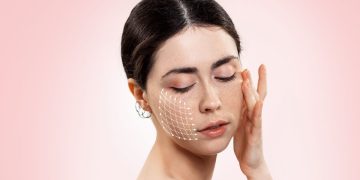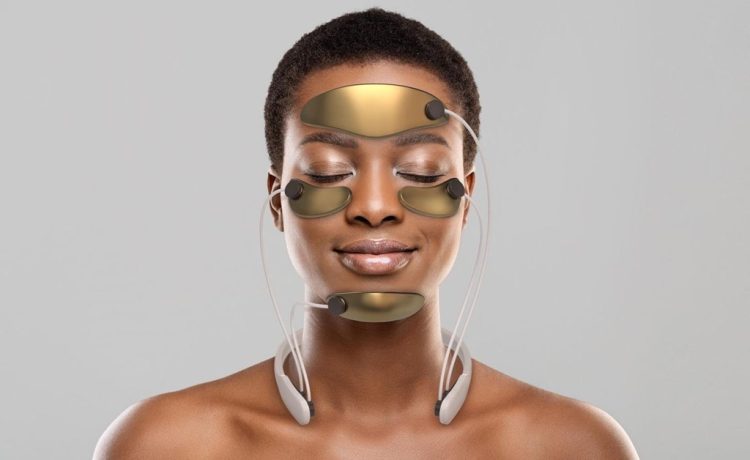The intersection of artificial intelligence and dermatology is rapidly reshaping how we understand, diagnose, and treat skin conditions. From predictive algorithms to virtual consultations, AI is promising a level of personalization in skincare that was previously unattainable. But can technology truly deliver on this promise, and what are the benefits, limitations, and ethical considerations of relying on machines for something as personal as skin health? This article explores the current landscape, key technologies, case studies, and future directions of AI-driven dermatology.
1. Introduction: The Promise of AI in Skincare
Traditionally, dermatology relies on clinical examinations, patient histories, and standardized treatment protocols. While effective, this approach often struggles to account for individual variability in skin types, genetics, environmental exposures, and lifestyle factors. AI promises to bridge this gap by:
- Leveraging vast datasets of skin images and patient information.
- Identifying subtle patterns invisible to the human eye.
- Predicting skin reactions and recommending individualized routines.
The core question is whether these capabilities can translate into real-world, actionable skincare personalization.
2. Predictive Skincare: Algorithms at Work
At the heart of AI dermatology are predictive models capable of analyzing skin conditions and forecasting outcomes:
- Image Recognition and Analysis:
- Deep learning algorithms can evaluate skin tone, texture, pigmentation, and acne severity from photographs.
- Example: Convolutional neural networks (CNNs) trained on millions of images can detect early signs of conditions like rosacea, eczema, or melanoma.
- Data-Driven Personalization:
- Algorithms integrate environmental factors, lifestyle inputs, and genetic information to tailor skincare recommendations.
- Predictive models estimate the skin’s response to active ingredients like retinoids, vitamin C, or hyaluronic acid.
- Treatment Outcome Simulation:
- AI systems simulate potential results from various regimens, enabling users and dermatologists to select the most effective plan before actual application.
By predicting how an individual’s skin will respond, AI reduces trial-and-error approaches and improves efficacy.
3. Virtual Consultations: Tele-Dermatology Reimagined
AI-powered virtual consultations have expanded access to dermatological expertise:
- Mobile Apps and Platforms:
Users can upload selfies or scan their skin, receiving real-time analysis and product recommendations. - Remote Diagnosis:
AI can triage conditions, suggesting whether professional care is needed urgently. - Integration with Wearables:
Devices can track UV exposure, hydration, and environmental conditions, feeding data into AI models for more precise recommendations.
Virtual consultations enhance convenience, reduce healthcare bottlenecks, and provide continuous monitoring beyond clinic visits.
4. Case Studies in AI Dermatology
- L’Oréal’s Perso Device:
- Uses AI to analyze facial scans and environmental data, delivering personalized serums.
- Adjusts formulations daily based on user lifestyle and weather conditions.
- SkinIO Platform:
- AI-powered imaging software that assists dermatologists in monitoring skin lesions and moles over time.
- Improves early detection rates while personalizing care protocols.
- La Roche-Posay’s AI Skin Coach:
- Combines user questionnaires, photo analysis, and climate data to generate individualized routines.
- Highlights the synergy between professional guidance and AI support.
These examples illustrate AI’s potential to enhance personalization, but also underscore the importance of human oversight.

5. Benefits of AI-Driven Personalization
- Accuracy and Precision: Algorithms detect nuances that may elude human observation.
- Consistency: Unlike human evaluation, AI provides standardized analysis across time and populations.
- Efficiency: Rapid analysis allows for quicker recommendations and early interventions.
- Data Integration: Combines diverse factors—genetics, lifestyle, environment—into actionable skincare plans.
Personalized skincare enhances user satisfaction, reduces adverse reactions, and optimizes product efficacy.
6. Limitations and Challenges
Despite its promise, AI dermatology faces several hurdles:
- Data Quality and Diversity:
- Most AI models are trained on datasets skewed toward lighter skin tones, leading to potential bias in diagnosis and recommendations.
- Contextual Understanding:
- Algorithms may misinterpret lifestyle factors or coexisting conditions that a dermatologist would consider.
- Privacy and Security:
- Skin images and health data are sensitive; AI platforms must ensure robust data protection.
- Ethical Concerns:
- Over-reliance on AI may reduce human judgment in clinical decision-making.
- Transparency in algorithmic recommendations is critical for trust.
Addressing these challenges is vital for safe, equitable, and effective personalization.
7. AI and the Future of Preventive Skincare
One of the most exciting potentials of AI is preventive dermatology:
- Early detection of photodamage, hyperpigmentation, or skin cancer.
- Personalized recommendations for sun protection, hydration, and lifestyle modifications.
- Continuous monitoring for subtle changes over time, reducing the risk of severe skin conditions.
By predicting skin issues before they manifest, AI can transform skincare from reactive treatment to proactive prevention.
8. Integration With Professional Care
AI is not meant to replace dermatologists but to augment human expertise:
- Decision Support: AI can highlight areas of concern for clinicians, enabling faster and more accurate diagnosis.
- Workflow Efficiency: Routine screenings and monitoring are automated, freeing dermatologists for complex cases.
- Patient Engagement: Personalized plans increase adherence and satisfaction, improving overall outcomes.
A collaborative model—AI providing insights and humans delivering interpretation and care—appears most sustainable.
9. Looking Ahead: AI-Enhanced Skincare Ecosystem
The next decade may see:
- Fully integrated AI ecosystems connecting smartphones, wearables, skincare devices, and professional platforms.
- Real-time adjustment of skincare routines based on environmental sensors and biometrics.
- Expansion into cosmetic procedures, combining AI diagnostics with treatment planning for interventions like laser therapy or injectables.
AI dermatology is poised to redefine what “personalized skincare” truly means.
10. Conclusion: Personalization in the Age of AI
AI-driven dermatology offers unprecedented personalization, from predictive care to real-time virtual consultations. While challenges related to bias, privacy, and ethical use remain, the integration of AI with professional oversight promises more precise, proactive, and effective skincare. As technology continues to evolve, consumers can expect routines and treatments tailored to their unique skin profiles, lifestyles, and environments, marking a transformative shift in beauty and health care.













































